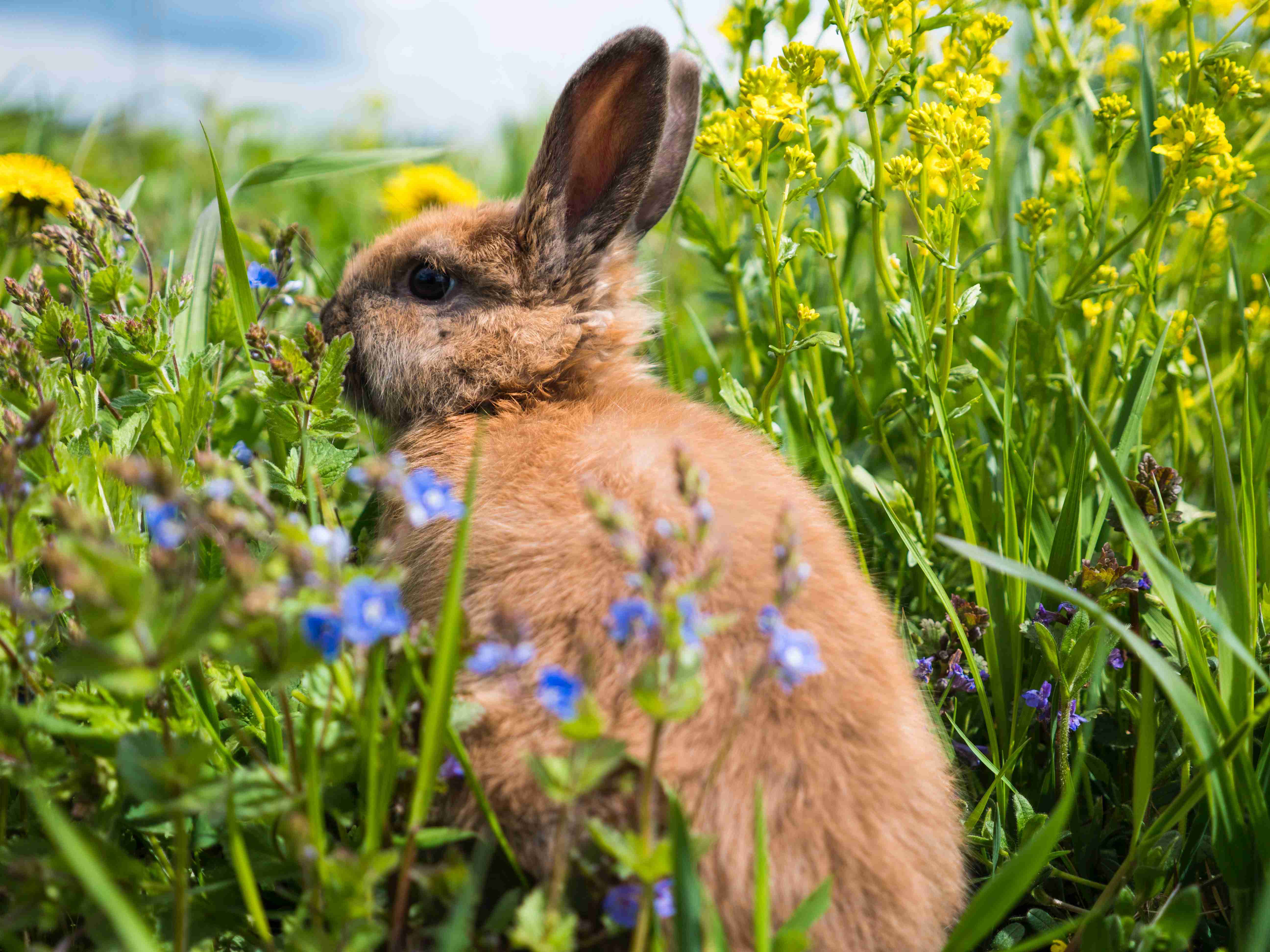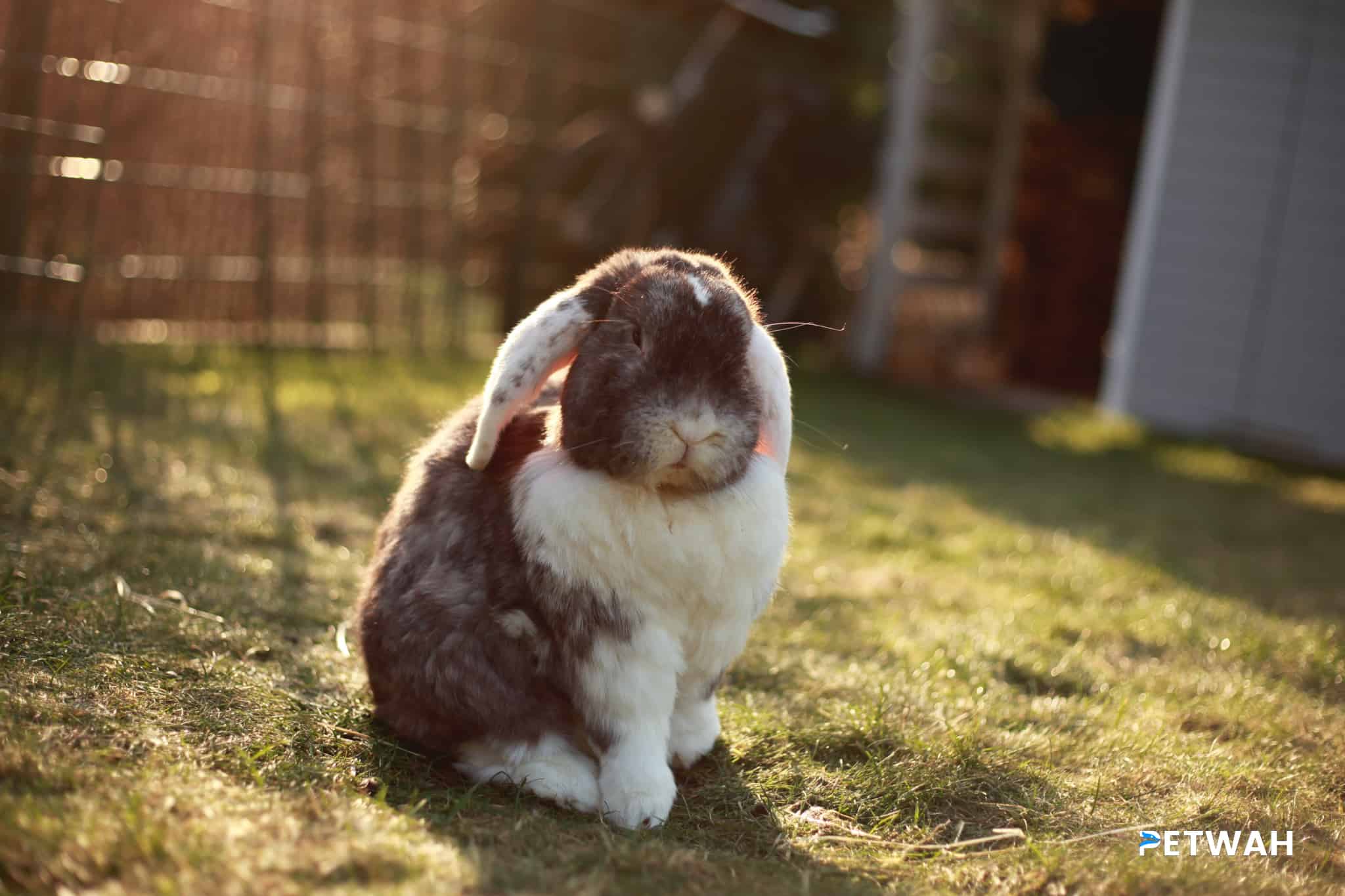Rabbits are adorable, social, and intelligent creatures that make great pets. They are known for their twitchy noses, floppy ears, and cute little hops. However, just like any other living being, rabbits can develop health issues, including neurological disorders. These disorders affect the nervous system, which controls the body’s functions, movement, and behavior. Although neurological disorders in rabbits are relatively rare, they can cause severe health problems and even be life-threatening. In this blog post, we will explore the causes, symptoms, and treatment options for neurological disorders in pet rabbits. So, if you’re a rabbit owner or considering adopting a bunny, keep reading to learn more about this important health topic.
Rabbits are adorable and sensitive creatures that make great pets. However, like all animals, they are prone to various health issues, including neurological disorders. These disorders can affect a rabbit’s brain, spinal cord, and nervous system, leading to a range of symptoms and complications.
There are several neurological disorders that can affect pet rabbits, including:
1. Encephalitozoon cuniculi (EC): EC is a common parasitic infection that affects rabbits’ nervous systems. It can cause a range of symptoms, such as head tilt, seizures, and hind limb weakness.
2. Pasteurellosis: Pasteurellosis is a bacterial infection that can cause abscesses in the brain or spinal cord, leading to neurological symptoms such as head tilt, paralysis, and seizures.
3. Trauma: Trauma to the head or spine can cause neurological damage, leading to a range of symptoms such as paralysis, seizures, and loss of balance.
4. Vitamin deficiency: A lack of vitamin B in a rabbit’s diet can lead to neurological symptoms such as head tilt, seizures, and paralysis.
.jpg)
5. Neoplasia: Neoplasia refers to the abnormal growth of cells that can occur in the nervous system. It can cause a range of symptoms, such as seizures, paralysis, and loss of balance.
The symptoms of neurological disorders in rabbits can vary depending on the specific disorder and the severity of the condition. Some common symptoms include:
1. Head tilt
2. Loss of balance
3. Seizures
4. Paralysis
5. Hind limb weakness
6. Abnormal eye movements
7. Loss of appetite
8. Lethargy
If you notice any of these symptoms in your pet rabbit, it’s important to seek veterinary care immediately. Your vet will perform a thorough examination and may recommend diagnostic tests such as blood work, X-rays, or an MRI to determine the underlying cause of your rabbit’s symptoms.
Treatment for neurological disorders in rabbits will depend on the specific disorder and the severity of the condition. In some cases, treatment may involve medication to manage symptoms, while in more severe cases, surgery may be necessary to remove abscesses or other growths.
Preventing neurological disorders in rabbits involves providing your pet with a healthy diet, regular exercise, and a clean and safe living environment. You should also ensure that your rabbit is up-to-date on all vaccinations and receive routine check-ups from your vet to catch any potential health issues early on.
Overall, while neurological disorders can be a serious health issue for pet rabbits, prompt veterinary care and preventative measures can help keep your furry friend healthy and happy. By being aware of the signs and symptoms of neurological disorders and taking proactive steps to prevent them, you can help ensure that your pet rabbit enjoys a long and fulfilling life.
In conclusion, neurological disorders in pet rabbits can be a serious and potentially life-threatening issue. As pet owners, it is important to be aware of the symptoms and causes of these disorders and seek prompt veterinary care if any concerns arise. With proper management and treatment, many rabbits with neurological disorders can lead happy and fulfilling lives. By providing a safe and healthy environment, a balanced diet, and regular veterinary check-ups, we can help our beloved furry friends stay healthy and happy for years to come.


.jpg)
.jpg)
.jpg)



